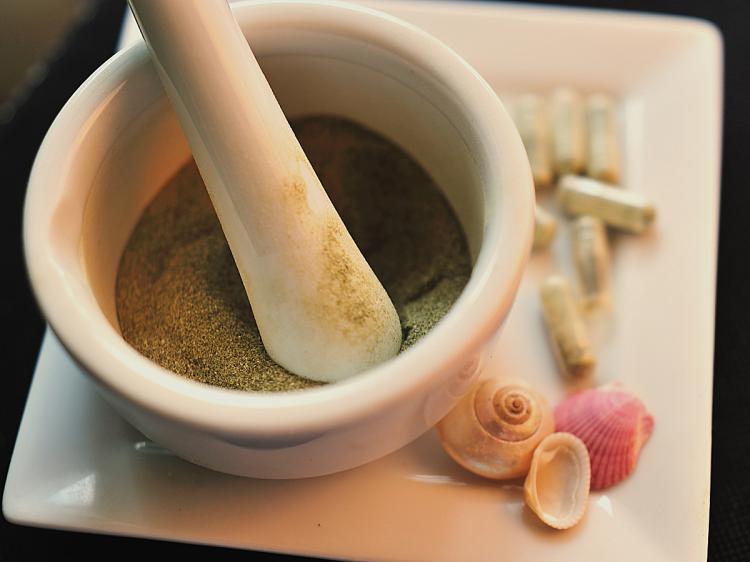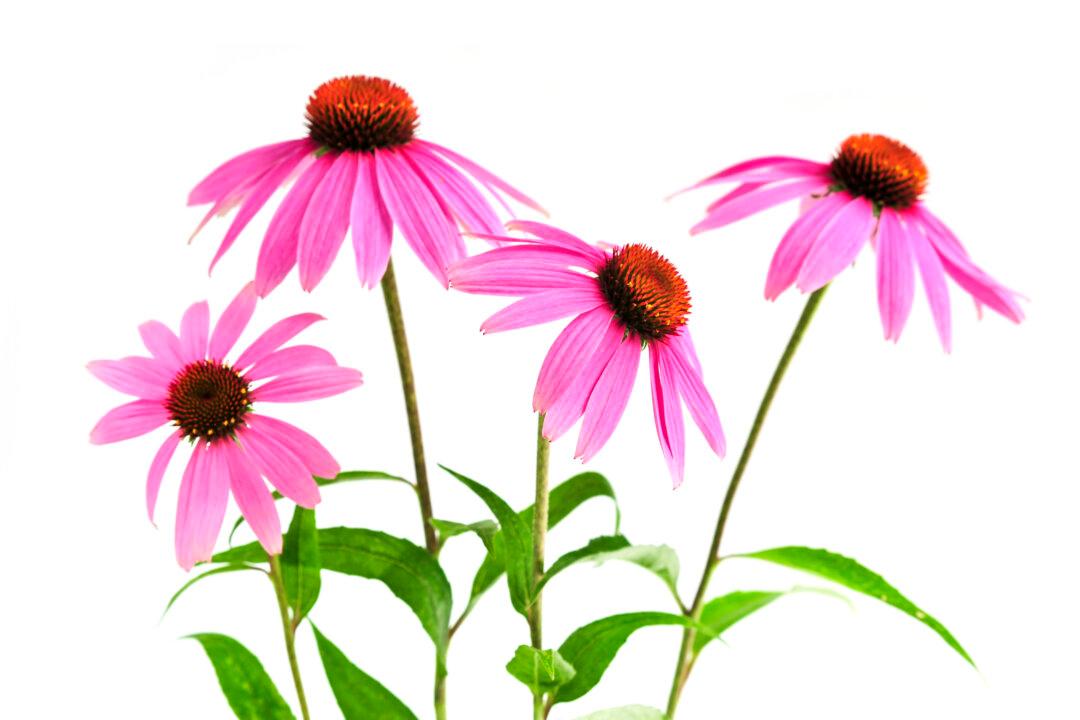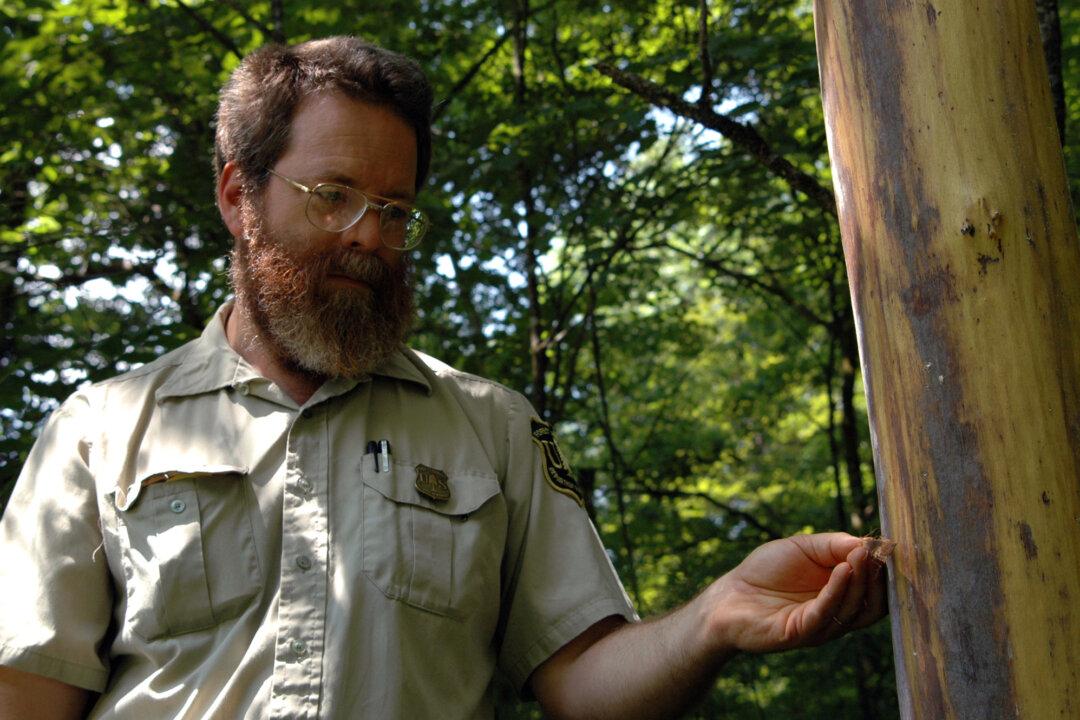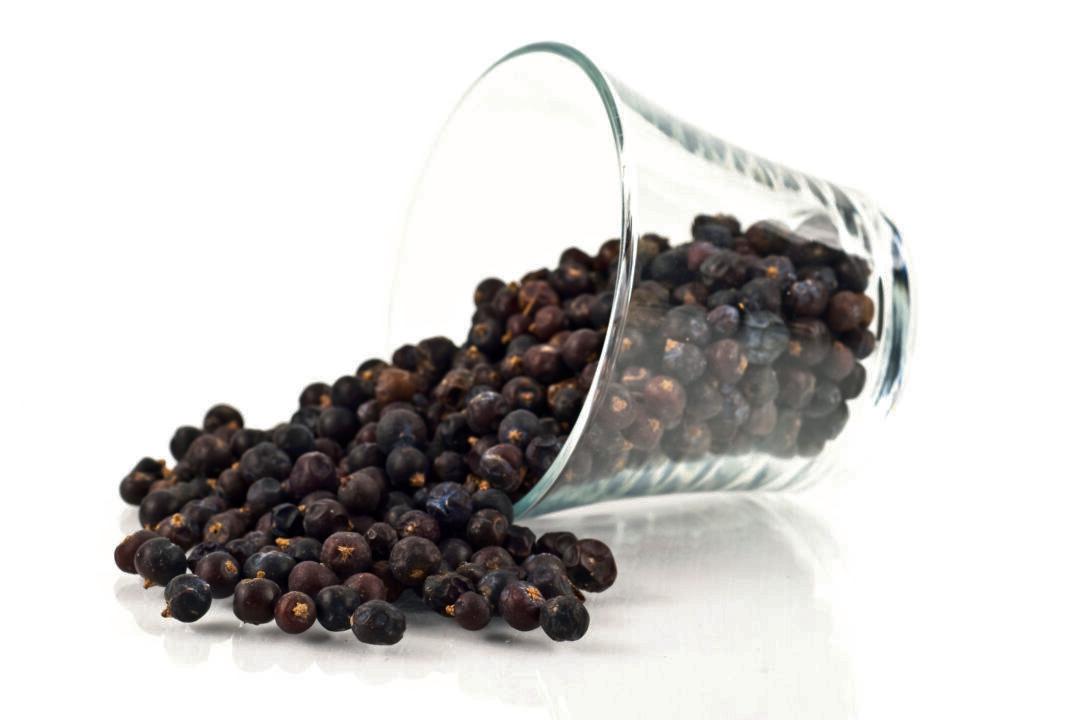Kelp is one of the most useful plants nature has to offer. It is a self-sustaining, rapidly renewing resource. As a food and fertilizer, it has an extraordinarily high mineral content.
Kelp has little in common with terrestrial plants. Because it does not reproduce via seeds or flowers, each cell of the kelp algae is capable of reproducing itself very quickly. It can grow up to 295 feet in height, and underwater kelp forests can be found in the shallow parts of many of the world’s oceans.
This seaweed is not only high in heavy minerals, but also trace elements including gold, silver, iron, vanadium, titanium, as well as silicon, zinc, and boron.
Minute quantities of these minerals are also present in the human body, mostly having been found in the glandular system. Although modern science has yet to fully understand the role they play, it is good practice to provide our bodies with the same nutrients that its internal environment consists of, if we are to expect healthy function.
One of the best known of these minerals that are used therapeutically is iodine, commonly used to prevent the development of goiter of the thyroid gland. The iodine present in kelp is in a form that can be readily used by the thyroid without the body having to process it.
High concentrations of virtually all the vitamins and minerals necessary for human life have made kelp not only top of the list as a superfood, but also invaluable to herbalists who prescribe it for conditions relating to the blood, respiratory tract, muscles, bones and ligaments, digestion, nervous system, and skin. It is also used as a general glandular tonic, and for vague and persistent conditions that often respond to one or more of those trace elements not generally available in our modern Western diet.
We can also benefit from the vitamins in kelp. Vitamin B12 is present in amounts comparable to that found in animal livers making kelp particularly important for the vegetarians among us. Other vitamins include: Vitamin C, in amounts comparable with oranges; vitamin E and vitamin K; and a vegetable form of vitamin D.
Granulated kelp can be found in health food stores and a small amount, sprinkled over meals (particularly seafood dishes), is a great way to include seaweed in Western dishes.
Kelp also contains sugar in a vegetable form that does not raise blood sugar levels. It is, therefore, an ideal dietary supplement for diabetics. Various types of kelp have been found to yield high amounts of this sugar and, with its ability to grow at a rapid rate, up to 20 inches a day; it may prove to be a viable source of alcohol for fuel.
For gardeners, kelp is one of the most complete sources of fertilizer. It can be spread out and lightly dug into soils, soaked in fresh water and used as liquid fertilizer, or better still, mixed through the compost heap to be broken down into a form that is readily absorbed by plants. Adding kelp to the soil not only replenishes long lost minerals and trace elements leached away over thousands of years, it will also promote microorganisms essential for healthy soils.
The cultures of Northern Europe have traditionally harvested kelp in early to mid-summer and used it in many and varied ways: as fuel, fertilizer, as a lining for cottages; on the fire to smoke fish and bacon; and in the form of kelp ash to cover maturing cheese. It was also used in the early 1800s in the manufacture of glass and soap.
As a vegetable, kelp is second to none, with drying being the only processing required.
Kelp is the only truly organic food we have left in our modern world. Why? It has a certain cellular resistance to anything that is not natural, and after drying, is found to have no contaminants.
It will be a huge step toward better health for the Western world when we make more use of such a perfect vegetable.




